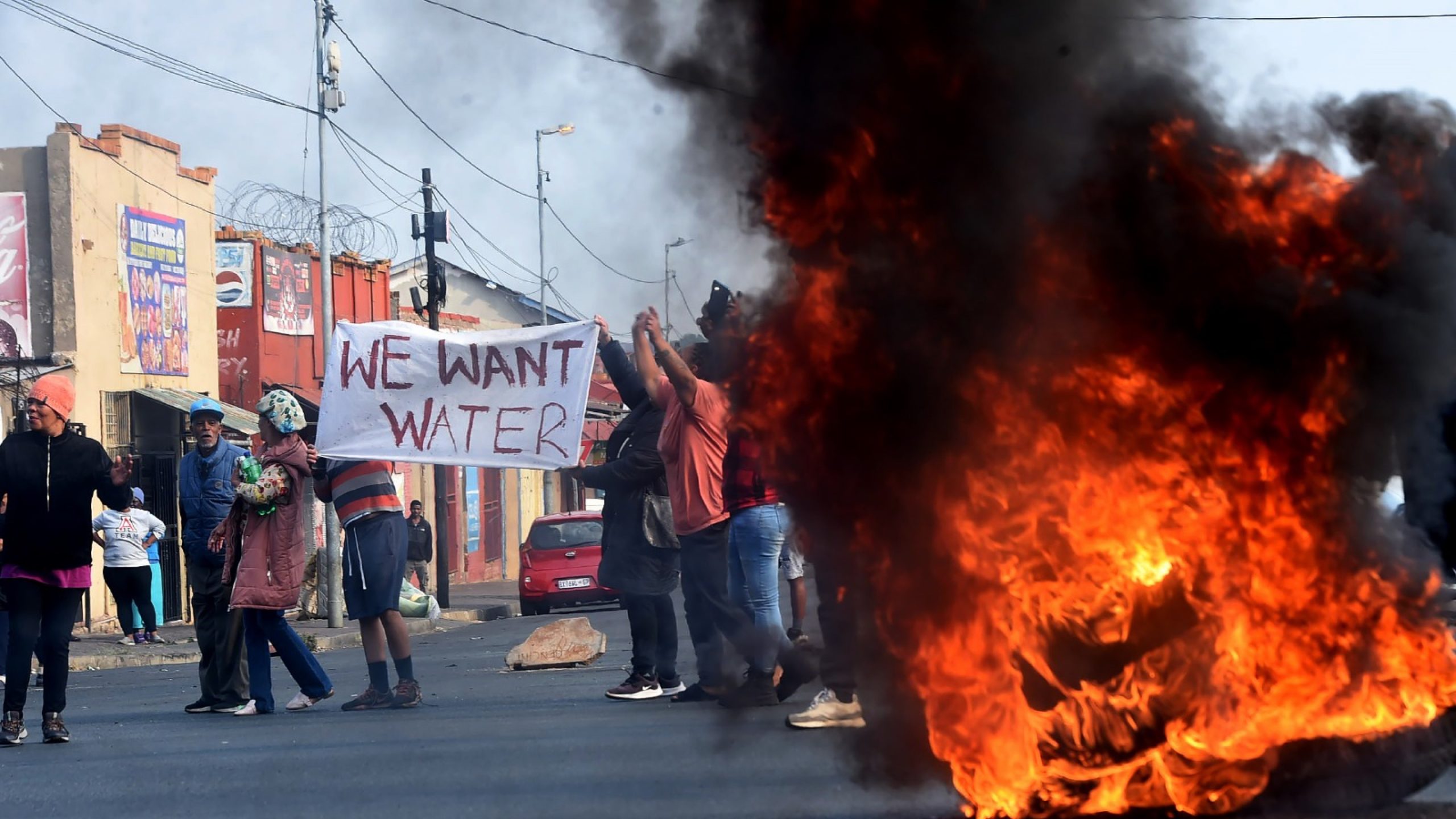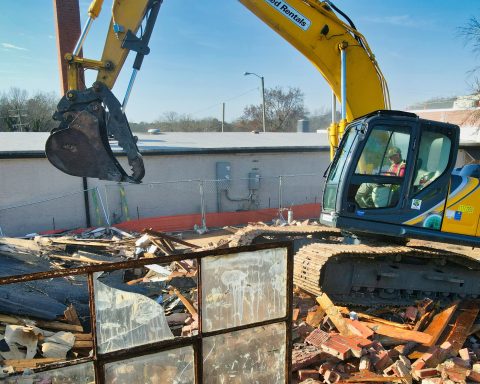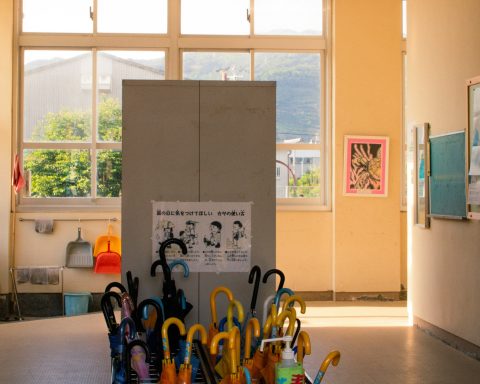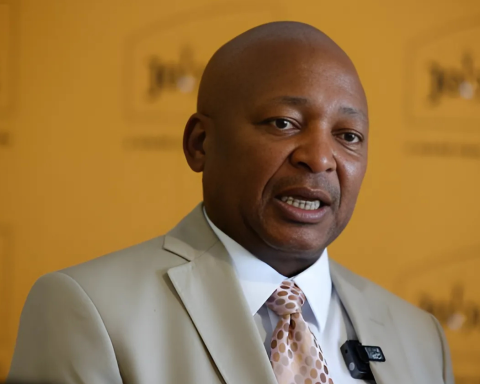Angered by water shortages, residents took to the streets. On September 10, Johannesburg water protests halted daily life. For example, in Westbury, crowds blocked roads with rocks to demand steady supply. Likewise, Coronationville saw protests near Rahima Moosa Hospital.
Moreover, in East Rand’s Tsakane and Vlakfontein, morning demonstrations shut down routes. As a result, police kept a heavy presence while traffic stopped. Communities voiced deep frustration. Specifically, Westbury faced days without water and weeks of cuts. Thus, the Johannesburg water protests underscore water as a basic right, as one Coronation resident noted.
Clashes Spark Police Action
Tensions rose quickly. In Westbury and Coronationville, for instance, protesters threw rocks at officers. In response, police fired rubber bullets, stun grenades, and tear gas to clear crowds. Officers said they used minimum force as some protesters hurled stones.
Consequently, injuries mounted. A journalist covering the Johannesburg water protests took a rubber bullet to the leg, highlighting the tense situation. Additionally, an elderly resident was hit in the back, and another protester grazed his hand. Still, residents claimed protests started peacefully, but security’s swift action showed raw anger over outages.
Water System Faces Strain
Outages stem from infrastructure limits. The pipeline feeding Hursthill, Brixton, and Crosby reservoirs struggles with high demand and old systems. For example, Hursthill ran dry at times, while Brixton and Crosby hit critical lows.
Higher areas like Westbury and Coronationville suffered most, fueling the Johannesburg water protests. The mayor apologized, saying teams work nonstop to restore flow. Gauteng’s premier stressed leaders hear the outcry and seek quick fixes.
Calls for Calm and Solutions
To address the crisis, authorities urged calm to allow emergency work. Leaders plan a new Brixton reservoir by October 2025. Meanwhile, demand management aims to boost levels. By afternoon, some roads cleared as officials engaged protesters. However, communities demand firm timelines and steady water. City leaders face pressure to deliver and rebuild trust.






